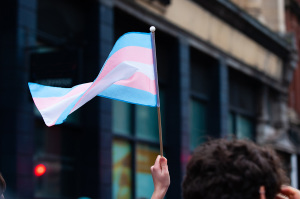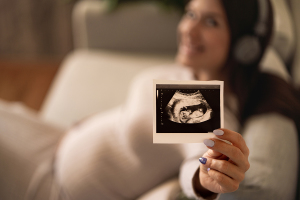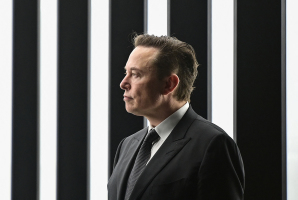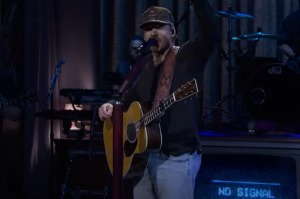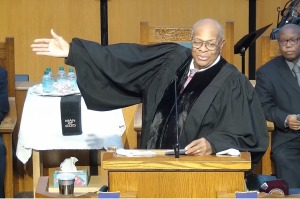Nevada loosens meeting restrictions on churches; law firm says the 'problem remains'
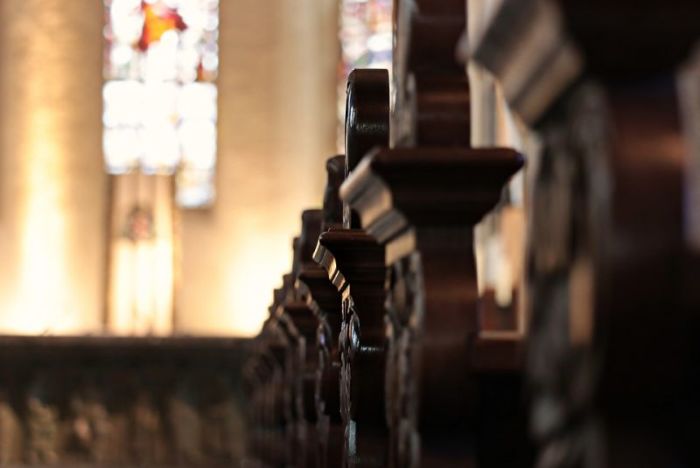
Nevada is easing restrictions on in-person worship and other events months after the state was sued for having stricter standards on churches than casinos.
The limit on in-person gatherings of all types will be increased from 50 to 250 people or 50% of a building’s capacity, whichever is less, “so long as social distancing can be maintained and all other requirements can be met.”
“These gatherings may take place in outdoor or indoor venues, including but not limited to, community centers, fellowship halls and gatherings spaces in faith-based buildings, halls, rental space in event centers, or outdoor event spaces,” a summary report of the state’s new gathering policy published Tuesday states.
Under the new guidance, gathering organizers are advised to institute several coronavirus mitigation measures including requiring attendees to maintain six feet of social distance, requiring face coverings at all times and providing health screenings.
Nevada Gov. Steve Sisolak said in a statement released Wednesday that the new limits are “an important step towards allowing more Nevadans to safely participate in social gatherings, including those facilitated by our faith-based communities.”
“Additionally, this will allow Nevada to continue on the responsible path of economic reopening and recovery. With this next step comes great responsibility for our residents, business owners, workers, and families,” stated Sisolak. “I’m confident Nevada will rise to this challenge to ensure we follow all mitigation measures and guidance to reduce the spread of COVID-19 and protect our economy.”
The Alliance Defending Freedom, a conservative legal group that is representing a church suing the state, still finds a reason to criticize the newly announced standards.
ADF Vice President of U.S. Litigation David Cortman said in a statement that even with the increased cap, “the problem remains.”
“There is still a hard cap on churches at 250 people,” stated Cortman. “Casino patrons can still stream into Nevada’s gambling establishments at 50 percent capacity without the hard cap imposed on churches.”
Cortman contends that Sisolak should “adjust his policies to comply with the Constitution.”
“There is no constitutional right to gamble, but there is one that protects religious Americans,” the lawyer argued.
Earlier this year, Calvary Chapel Dayton Valley of Lyon County, which was represented by the ADF, sued the state over the 50-person restriction on grounds that it violates the First and 14th Amendments.
In June, U.S. District Court Judge Richard Boulware II ruled against the church. He argued that the church had failed to prove that they were the victims of religious discrimination.
Boulware, an Obama appointee, wrote that the 50-person cap was not strictly enforced by officials. He added that entities like casinos had, at that point, put in other restrictive measures to curb the spread of the coronavirus.
“It is difficult to establish a pattern of selective enforcement directed toward places of worship when new, more restrictive measures have been imposed against secular activities and no similar restrictions were imposed on religious activities,” ruled Boulware.
“Plaintiff’s requested relief would require the court to engage in potentially daily or weekly decisions about public health measures that have traditionally been left to state officials and state agencies with expertise in this area.”
In late July, the U.S. Supreme Court voted 5-4 to reject an emergency injunction request by Calvary Chapel. Justice Neil Gorsuch authored a dissent.
“In Nevada, it seems, it is better to be in entertainment than religion,” the Trump appointee wrote. “Maybe that is nothing new. But there is no world in which the Constitution permits Nevada to favor Caesars Palace over Calvary Chapel.”
















